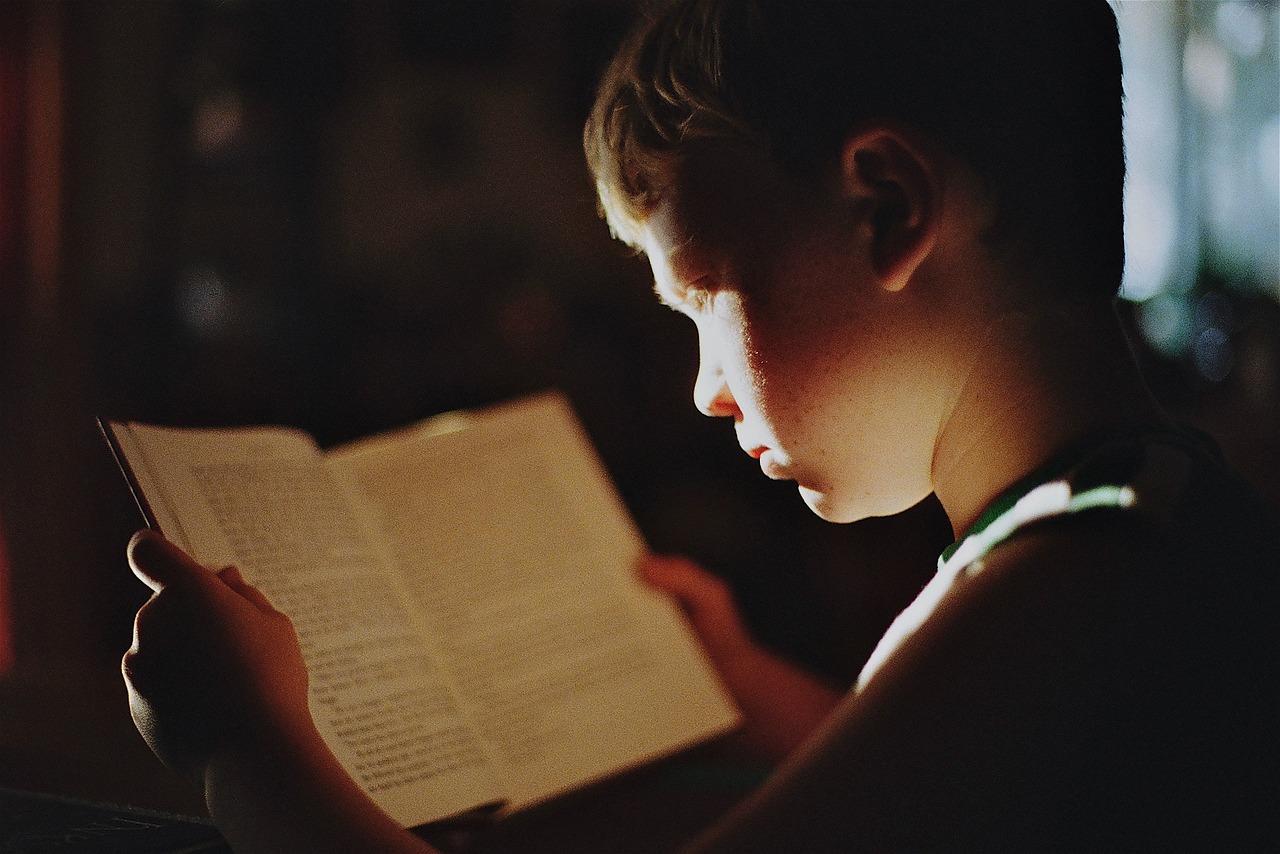This year, at the United Nations’ main human rights body in Geneva, there is anticipation of a significant breakthrough, with growing hopes for new legal recognition of every child and adolescent’s right to free education, from preschool to secondary level.
On March 20th, the Dominican Republic, alongside other nations such as Luxembourg, Sierra Leone, Colombia, Panama, Nauru, and Romania, with the support of Human Rights Watch, Plan International, and Girls Not Brides, will gather countries at the Human Rights Council to address the urgent need for a new legally binding instrument. They will underscore the fundamental nexus between free preschool and secondary education and human rights, with a particular focus on empowering girls and women.
Globally, nearly half of all boys and girls are not enrolled in preschool education, and only 2 out of 5 children in low and lower-middle-income countries attend such programs. Furthermore, only 45% of adolescents completed secondary school in 2021. For too many children and adolescents, the cost of preschool and secondary education remains a significant barrier. The global failure to universalize access to free, full-cycle education perpetuates poverty and inequality and hinders societal progress and development.
However, many low and middle-income countries are taking significant steps to expand their provision of free education. Nations such as Kyrgyzstan, Madagascar, Nepal, and Sierra Leone, among at least 110 worldwide, have laws guaranteeing at least one year of free preschool education and free secondary education.
Yet, international human rights law has not kept pace with this progress. For example, the UN’s child rights treaty, the Convention on the Rights of the Child, does not oblige States to provide free secondary education under the same immediate terms as primary education, nor does it explicitly reference early childhood education. This discrepancy is fostering growing global support to enshrine these rights in a new legal instrument: a fourth optional protocol to the convention. In turn, a new international law could boost the implementation of free education in countries where fees are still charged.
It is imperative that other States join this initiative. Together, they can ensure that all children and adolescents can learn and reach their potential, laying the foundations for a fairer and more equitable future.



